According to Nikkei Asia, the world's geopolitical situation is driving competition in the fields of artificial intelligence (AI), cloud computing and e-commerce amid the social media boom in Southeast Asia.
Competition from cloud computing
A report this year by Google, Temasek Holdings and US consultancy Bain & Co. estimated that Southeast Asia’s booming digital economy is expected to reach $1 trillion by 2030, and is one of the few regions in the world where US and Chinese tech giants compete head-to-head. Along with US tech giants like Microsoft, Google, Amazon and Meta, Singapore is the regional headquarters for major Chinese tech companies like Alibaba’s cloud services division and TikTok.

U.S. companies lead in cloud services and enterprise software used by businesses, while China leads in consumer numbers in many categories. “There is a split in Southeast Asia between businesses and consumers, with businesses favoring the U.S. and consumers favoring China,” said James Lewis of the Center for Strategic and International Studies (CSIS), author of the cloud services report.
According to data from US market research firm IDC, US companies currently dominate the Southeast Asian cloud computing market, with Microsoft and Amazon Web Services (AWS) having a combined market share of more than 60% in the region’s infrastructure, known as the “service market,” where cloud computing is provided to other companies. However, Chinese companies are also investing heavily in the region, offering attractive discounts that US companies are struggling to match.
Cloud services are an increasingly strategic sector globally, Lewis said. The US government is debating whether to add cloud services to the list of “critical infrastructure,” which is considered essential to national security. The choice of cloud providers could lead to every sector relying on these providers for digital technologies, from banking to airlines and even the automotive industry.
According to IDC, Southeast Asia’s cloud infrastructure revenue is set to grow to $2.18 billion by 2022, up 25% year-on-year. Singapore accounts for about half of the total, while the Philippines, Indonesia, Vietnam, Thailand, and Indonesia all saw annual growth of over 30%, outpacing the Asian and global markets, which grew 25% and 29%, respectively.
To AI
With the rapid spread of generative AI globally, digital competition in Southeast Asia is also entering a new phase. One of the most important factors to compete in the AI field is having the massive data centers and computing power needed to develop, train and operate next-generation AI - which could change the competition in the cloud market.
Microsoft, which has taken the lead in the AI race after its partner OpenAI launched ChatGPT in 2022, is rapidly growing its market in Southeast Asia. In October 2023, Singapore's major lender United Overseas Bank announced it was the first bank in the island nation to begin testing Microsoft Copilot, an AI-powered office application launched in September 2023. Security Bank in the Philippines has also adopted the system.
Google competes with Microsoft globally in a variety of services that use generative AI, including search. “Our real threat is ChatGPT,” said an Asia-based Google executive. So are China’s tech giants. Nearly every major Chinese tech company, from Baidu and ByteDance to Tencent and Alibaba, has either announced its own programs to counter ChatGPT or announced plans to do so. These include Baidu’s Ernie and ByteDance’s Grace. Even local companies in Southeast Asia like VNG, a Vietnamese gaming company, are planning to launch their own services.
To compete, Meta released its large language model Llama 2 this past July, making the software open source in an effort to compete with ChatGPT, a proprietary software. Open source software allows anyone to freely use, modify, and distribute the software. Releasing open source software is a common strategy for tech companies trying to catch up with the market leader.
PEARL
Source


![[Photo] Prime Minister Pham Minh Chinh holds talks with Ethiopian Prime Minister Abiy Ahmed Ali](https://vstatic.vietnam.vn/vietnam/resource/IMAGE/2025/4/15/4f7ba52301694c32aac39eab11cf70a4)


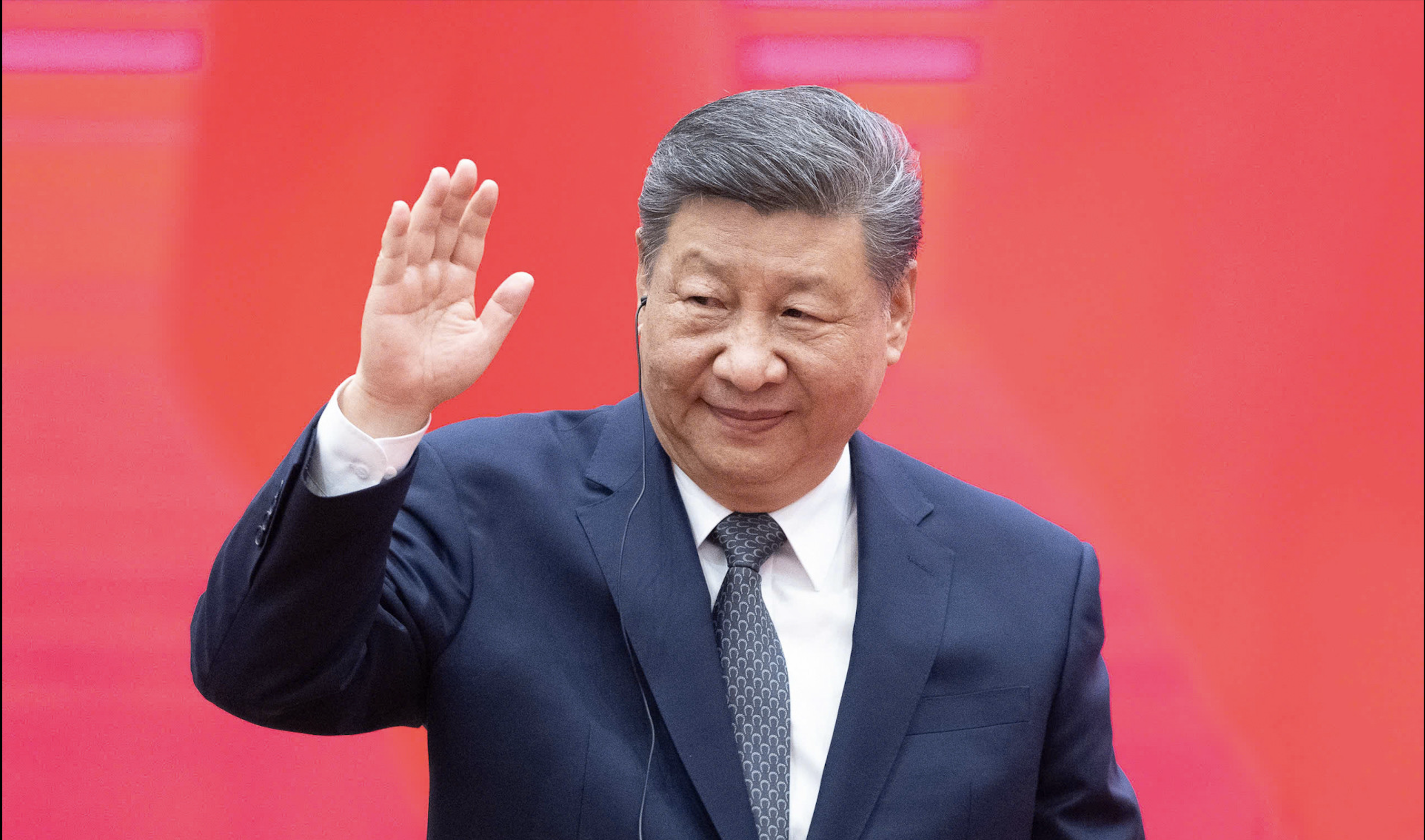
![[Photo] The two Prime Ministers witnessed the signing ceremony of cooperation documents between Vietnam and Ethiopia.](https://vstatic.vietnam.vn/vietnam/resource/IMAGE/2025/4/15/16e350289aec4a6ea74b93ee396ada21)












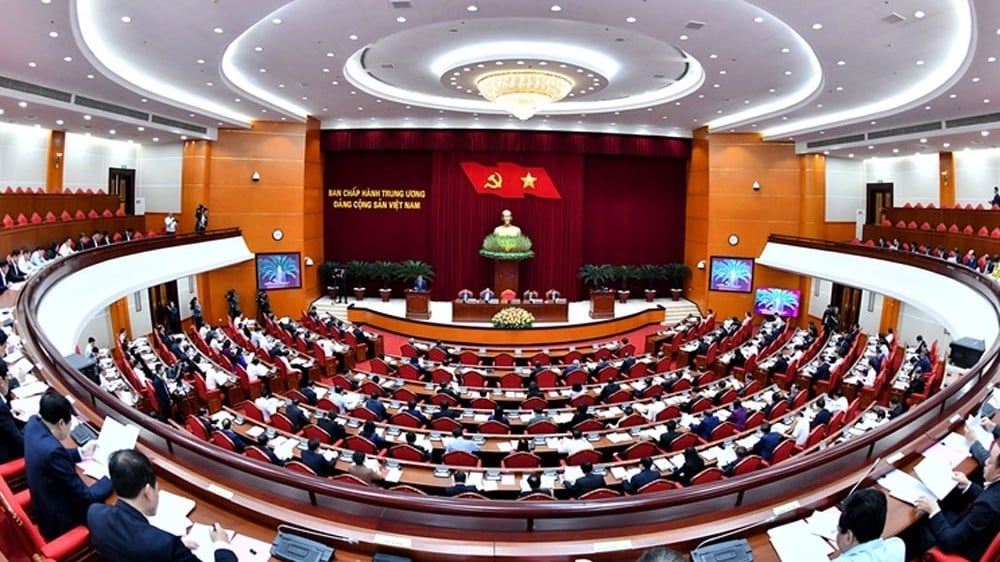











![[Photo] National Assembly Chairman Tran Thanh Man attends the summary of the organization of the Conference of the Executive Committee of the Francophone Parliamentary Union](https://vstatic.vietnam.vn/vietnam/resource/IMAGE/2025/4/15/fe022fef73d0431ab6cfc1570af598ac)
![[Photo] General Secretary To Lam receives Ethiopian Prime Minister Abiy Ahmed Ali](https://vstatic.vietnam.vn/vietnam/resource/IMAGE/2025/4/15/086fa862ad6d4c8ca337d57208555715)































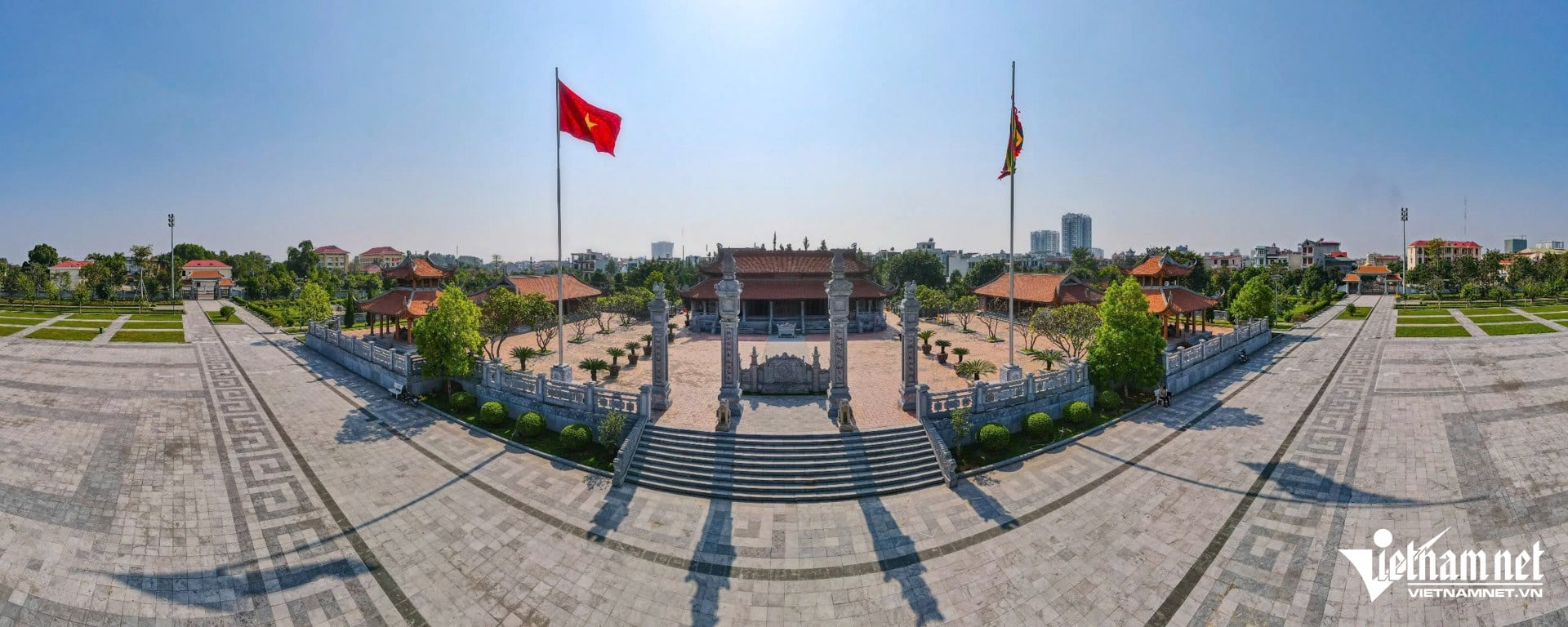










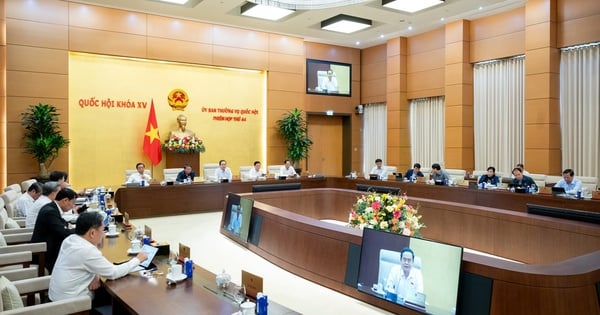












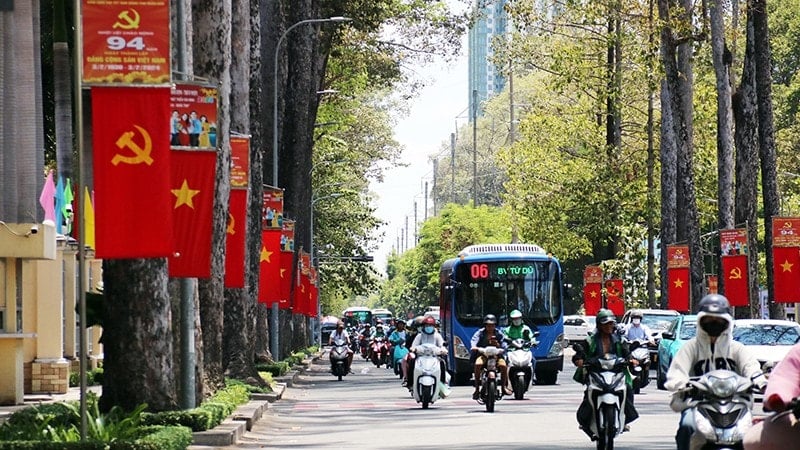


![[Photo] The capital of Binh Phuoc province enters the political season](https://vstatic.vietnam.vn/vietnam/resource/IMAGE/2025/4/16/c91c1540a5744f1a80970655929f4596)








Comment (0)